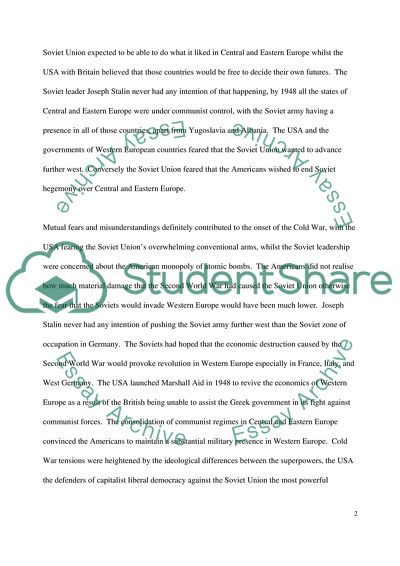Cite this document
(“International Relations...Political Science Essay”, n.d.)
Retrieved from https://studentshare.org/miscellaneous/1543074-international-relationspolitical-science
Retrieved from https://studentshare.org/miscellaneous/1543074-international-relationspolitical-science
(International Relations...Political Science Essay)
https://studentshare.org/miscellaneous/1543074-international-relationspolitical-science.
https://studentshare.org/miscellaneous/1543074-international-relationspolitical-science.
“International Relations...Political Science Essay”, n.d. https://studentshare.org/miscellaneous/1543074-international-relationspolitical-science.


